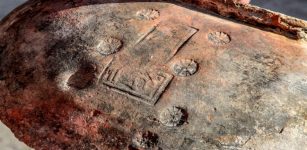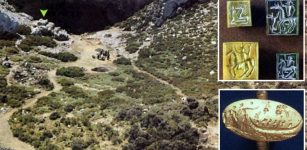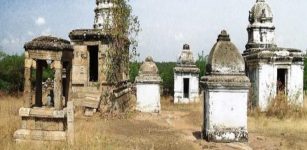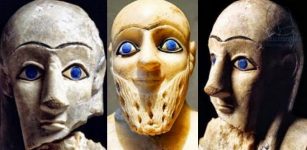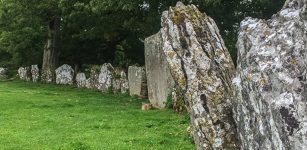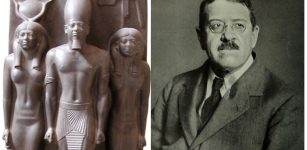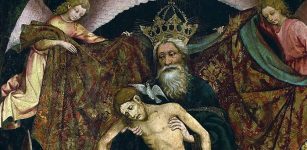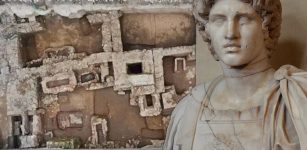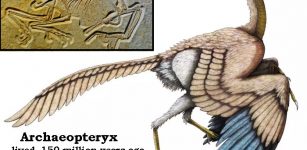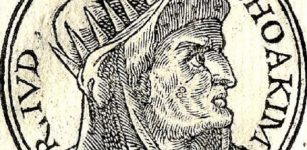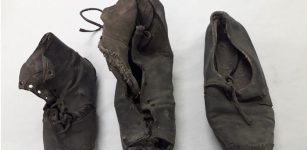Rare Trove Of 1,100-Year-Old Gold Coins Found By Teenagers In Central Israel
Conny Waters - AncientPages.com - Some 424 solid gold coins dating from 1,100 years ago were found during an archaeological dig in central Israel.
The coins - an impressive and rare hoard buried in a clay jar and dated to the Abbasid period - were unearthed by teenagers taking part in an archaeological dig in Yavne in central Israel.
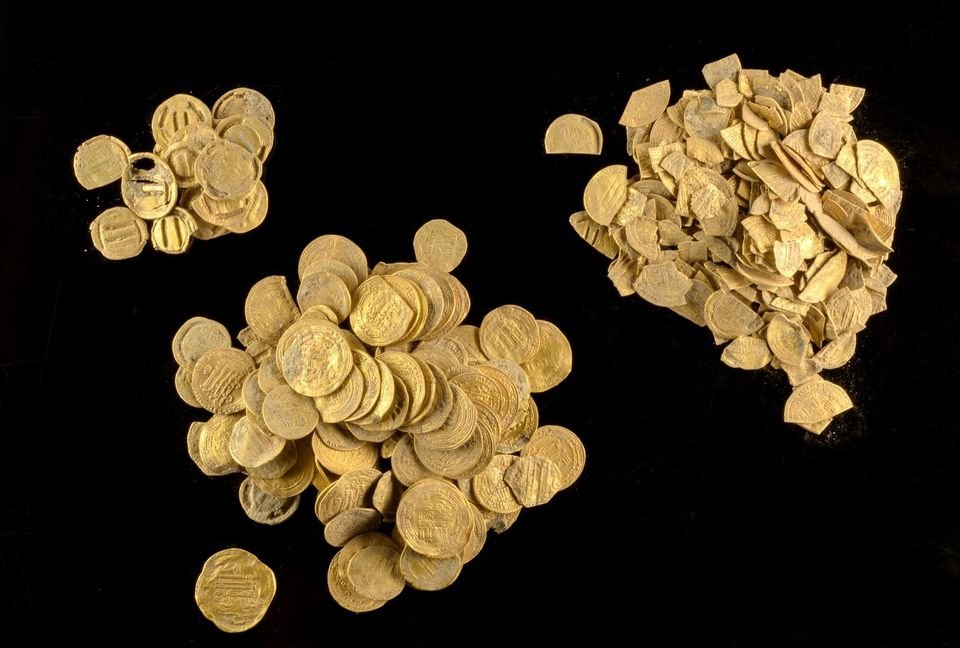
"It was amazing. I dug in the ground and when I excavated the soil, saw what looked like very thin leaves. When I looked again I saw these were gold coins. It was really exciting to find such a special and ancient treasure," Oz Cohen, one of the youth said.
"The hoard, deliberately buried in the ground in a clay jar, contained 425 gold coins, most of which date to the Abbasid period," Liat Nadav-Ziv and Dr. Elie Haddad of the Israel Antiquities Authority, and one of the directors of the excavation, said.
The person who buried this treasure 1,100 years ago must have expected to retrieve it, and even secured the vessel with a nail so that it would not move. We can only guess what prevented him from returning to collect this treasure. Finding gold coins, certainly in such a considerable quantity, is extremely rare.
Their finding may indicate that international trade took place between the area's residents and remote areas."
The coins were made of 846 grams of solid 24-karat gold, and as Dr. Robert Cole, a coin expert at the Antiquities Authority explained the coin cache was one of the oldest ever found from the Abbasid Period. In those days, it was a significant amount of money.
"For example with a sum [of cash] like this, a person could buy a fancy house in one of the best neighborhoods in Fustat, the rich capital of Egypt at the time."
The coins date back to the end of the 9th century when the region was under the control of the Islamic Abbasid Caliphate, a dynasty that ruled a territory from modern-day Algeria to Afghanistan. The coins -- 425 in all -- were made of pure 24-karat gold and weighed 845 grams (1.86 pounds).
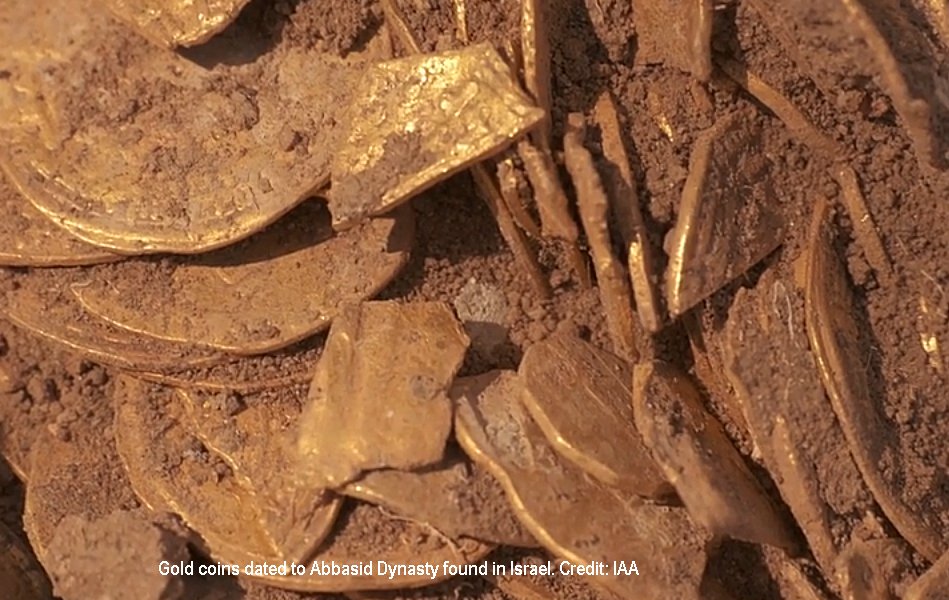
From an initial examination of the coins, most of them date to the end of the 9th century CE. During this period, the region was part of the vast Abbasid Caliphate, stretching from Persia in the east to North Africa in the west, and whose center of government was in Baghdad, Iraq.
One of the coins found in the dig is extremely rare and has never been found in Israel before, a fragment of a gold solidus of the Emperor Theophilus 829 – 842 CE), which was minted in Constantinople, the capital of the Byzantine Empire.
The presence of the coin in a cache of Islamic coins is evidence of the continuous connections both in times of war and peace between the two rival empires during this period.
According to Dr. Kool, “this rare treasure will certainly be a major contribution to research, as finds from the Abbasid period in Israel are relatively few. Hopefully, the study of the hoard will tell us more about a period of which we still know very little. "
Written by Conny Waters - AncientPages.com Staff Writer

